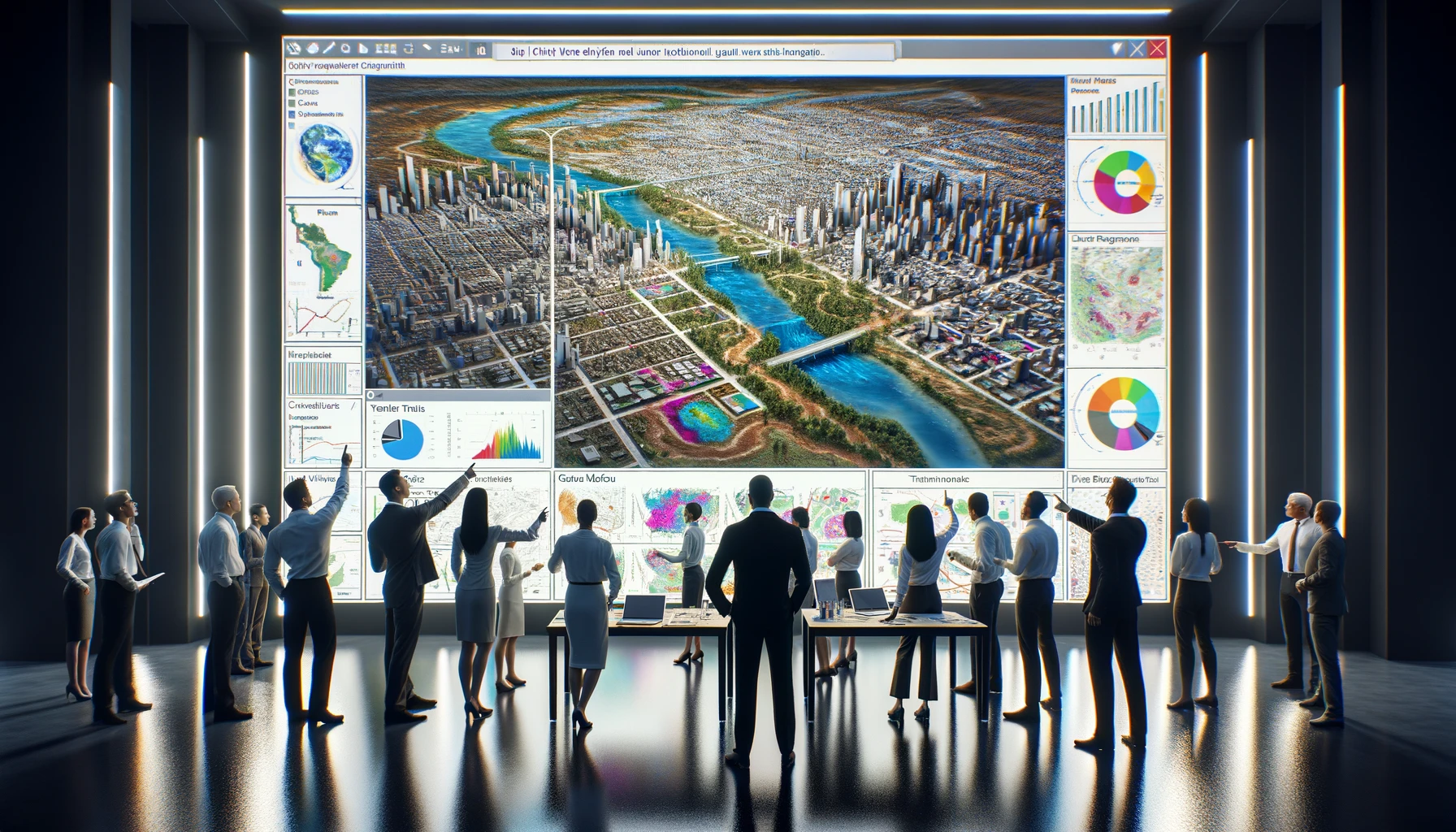ResilientHydroTwin: Participatory Integrated Digital Twin for Adaptive Urban Resilience to Water Extremities
Dutch Research Council (NOW) and the Indian Department of Science and Technology are funding three new joint projects with India, including one project led by TU Delft assistant professor Dr.Ranjith Kuttantharappel Soman- ResilientHydroTwin: Participatory Integrated Digital Twin for Adaptive Urban Resilience to Water Extremities . Dr Johan Ninan, Dr Maria Nogal Macho and Dr Marian Bosch-Rekveldt are also involved in this project.
Resilient HydroTwin investigates the feasibility and effectiveness of implementing a digital twin in water disaster management systems to enhance urban resilience against floods. It centres on the development of a city-level digital twin that comprehensively models system interactions and human behavior, examining how such a model can bolster a city's capacity to manage water-related disasters. A pivotal aspect of the study is the exploration of optimizing this approach, focusing on strategic collaboration with stakeholders, heightened awareness, co-creation, and the integration of soft adaptation measures that are effective yet sensitive to human dynamics.
The research is underpinned by a series of sub-questions. It seeks to develop an integrated digital twin framework to better understand and respond to the interconnected elements within a city, particularly in the context of flood events. This encompasses an examination of how human behavior can be systematically incorporated within the digital twin's complex environment, thereby assessing the potential of various soft adaptation measures to enhance urban resilience. The integration of hydrological models within the digital twin framework is another key area of investigation. This aspect aims to improve the visualization of runoff patterns and identify vulnerable locations, facilitating more informed decision-making. The research also involves developing scenarios that account for rainfall variability, storm intensities, sea level changes, and their consequent impacts on cities, taking into consideration climate fluctuations and land use changes.
Furthermore, the study investigates how a participatory approach to digital twins, in conjunction with Blue Green Infrastructure-hydro models, can be utilized to improve land use planning and strengthen catchment area resilience. This approach also aims to foster collaborative governance in the face of water-related extreme events, thus empowering decision-makers and communities to enhance urban resilience more effectively. An integral part of the research is the identification and implementation of strategies that promote multidisciplinary collaboration and co-creation. This includes facilitating the adoption of digital twin technology for flood risk management, considering the interplay of social, organizational, and governance factors.
The expected impacts of the ResilientHydroTwin project are significant for urban planning and development, especially in terms of strengthening resilience to environmental challenges like flooding. A primary anticipated outcome is the increased capacity of cities to withstand and recover from the shocks and stresses of extreme weather events. Furthermore, a notable expected shift is in urban governance and stakeholder decision-making processes, moving towards more data-driven, resilient, and sustainable practices. Such a transition is anticipated to markedly enhance the quality of urban life and foster environmental sustainability. This paradigm shift in governance and decision-making, as a direct consequence of the project's insights and developed skills, is poised to make substantial contributions to creating urban environments that are more resilient, safe, and sustainable.
